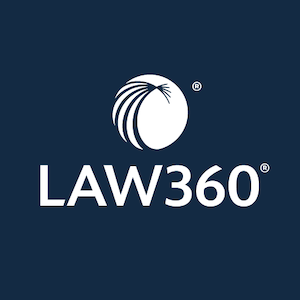Ireland Investigates X’s Utilization of Public Posts for Training AI Tool Grok

Investigation into X’s AI Data Practices
Background of the Case
On April 11, 2025, Ireland’s data protection authority announced it is investigating X, the social media platform owned by Elon Musk. The primary focus of this examination is to determine if X’s methods of training its artificial intelligence model, known as Grok, using personal data sourced from public posts, aligns with the stringent data protection regulations outlined by the European Union.
Importance of Data Protection Rules
The European Union (EU) has established some of the most rigorous data protection laws globally, primarily through the General Data Protection Regulation (GDPR). These laws are designed to ensure that personal data is collected, processed, and stored with respect for individuals’ privacy. Under the GDPR, organizations must have a legitimate basis for processing personal data and must be transparent about how this data is used.
Key Principles of GDPR:
- Consent: Individuals must give explicit permission for their data to be processed.
- Data Minimization: Only data necessary for the specified purpose can be collected.
- Transparency: Individuals should be informed about how their data will be used.
- Security: Data must be protected against unauthorized access.
- Accountability: Organizations must demonstrate compliance with these principles.
Concerns Posed by X’s AI Training Practices
AI models like Grok rely on vast amounts of data to learn and improve. However, using personal data without consent or clear transparency raises serious ethical and legal concerns. Critics argue that these practices could infringe on individuals’ rights to privacy, leading to significant repercussions if found in violation of the GDPR.
Key Issues Under Investigation:
- Data Source Legitimacy: Was the data used for training Grok truly public, and did it comply with established legal frameworks?
- User Consent: Were individuals adequately informed and did they consent to their personal data being used for AI training?
- Data Security: Are there sufficient protections in place to safeguard personal data used during the training process?
The Response from X
In light of this investigation, X is likely to emphasize its commitment to adhering to legal standards and user privacy. The company may present arguments detailing how it interprets the legality of its data usage and the steps taken to comply with EU regulations.
Potential Actions X Could Take:
- Transparency Reports: Provide detailed reports on data handling and user consent processes.
- User Engagement: Enhance communication with users about how their data is being utilized.
- Collaboration with Regulators: Work closely with authorities to ensure compliance and address any concerns.
Importance for Other Tech Companies
This situation is significant not just for X but also for other tech companies that employ similar AI training methodologies. As AI continues to evolve, businesses must navigate the complex landscape of data privacy. Compliance with data protection laws is crucial not only for legal reasons but also for maintaining consumer trust.
Takeaways for Businesses:
- Prioritize Compliance: Stay updated on data protection laws and adapt practices as necessary.
- Invest in Ethical Data Practices: Ensure that data is collected and used responsibly.
- Be Prepared for Scrutiny: Understand that the growing focus on data ethics means that companies will be held to higher standards.
As regulators ramp up their scrutiny on AI practices, developments surrounding this investigation are poised to set important precedents for how personal data is handled in the tech industry.





